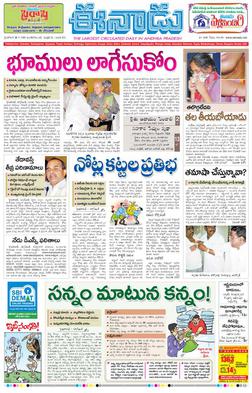Kabushiki Kaisha Toshiba v. Tosiba Appliances and Ors.
Kabushiki Kaisha Toshiba v. Tosiba Appliances and Ors.
2008 (37) PTC 394 (SC)
Brief Facts:
Appellant officially adopted the name Toshiba Corporation only in 1984, it had registered (and was using) the mark “TOSHIBA” in a number of countries (including India) way back in 1953. Since 1953, the Appellant had acquired about 35 trademark registrations in India in various classes. Classes 7, 9 and 11 are most relevant in the present case. The Registration of the Respondent in Class 7 was for various electrical products including washing machines since 1971.
Respondent, an Indian company had been selling various electrical appliancesunder the name ‘TOSIBA’ since 1975.
About 14 years of use by the Respondent they received a lawyer’s notice from the Appellant demanding that the use of the ‘Tosiba’, be stopped immediately in respect of electrical goods. The Respondent did not give any reply to the notice.
Round I: Rectification before the Trade Marks Office
Respondent filed an application for rectification of Appellant’s registered trade mark in Class 7. One of the contention of the Appellant before the Trade Marks office was that the Respondent is not a person aggrieved as it did not deal in ‘washing machine’ or ‘spin dryer’.
The Deputy Registrar of Trade Marks partially allowed the application for rectification filed by the Respondent and directed that the register be rectified by deleting the goods `washing machines’ and `spin dryers’ from the registered trademark on account of non-use.
Round II: Appeal before the Calcutta High Court
The Division Bench of the Calcutta High Court was of the view that a business rival is a person aggrieved if there is a reasonable possibility for the rival to carry on that trade in future in view of his presently carrying on a trade in the same class of goods then the rival trade is a person aggrieved.
Thus as per the Division Bench, if an entity’s possible expansion of trade is hampered such person is a person aggrieved. The Division Bench did not interfere with the orders of the Courts below on merits as well.
The Appellant therefore moved the apex Court.
Court’s Observations:
On Intention to use the mark
Intention to use a trade mark sought to be registered must be genuine and real. When a trade mark is registered, it confers a valuable right. It seeks to prevent trafficking in trade marks. It seeks to distinguish the goods made by one person from those made by another. The person, therefore, who does not have any bona fide intention to use the trade mark, is not expected to get his product registered so as to prevent any other person from using the same. In that way trafficking in trade mark is sought to be restricted.
On Person Aggrieved
The Supreme Court reiterated the test laid down in its own decision being Hardie Trading Ltd. and Anr. v. Addisons Paint & Chemicals Ltd., 2003 (27) PTC 241 (SC) being the person in the same trade constitutes ‘person aggrieved’.
However, in the facts of the case the Supreme Court was of the view that as the Respondent did not manufacture ‘washing machines’ or ‘spin dryers’ and neither had any intention to manufacture the same, it is not a person aggrieved as no prejudice will be caused to it if the mark is allowed to stand.
The Appeal was allowed.

